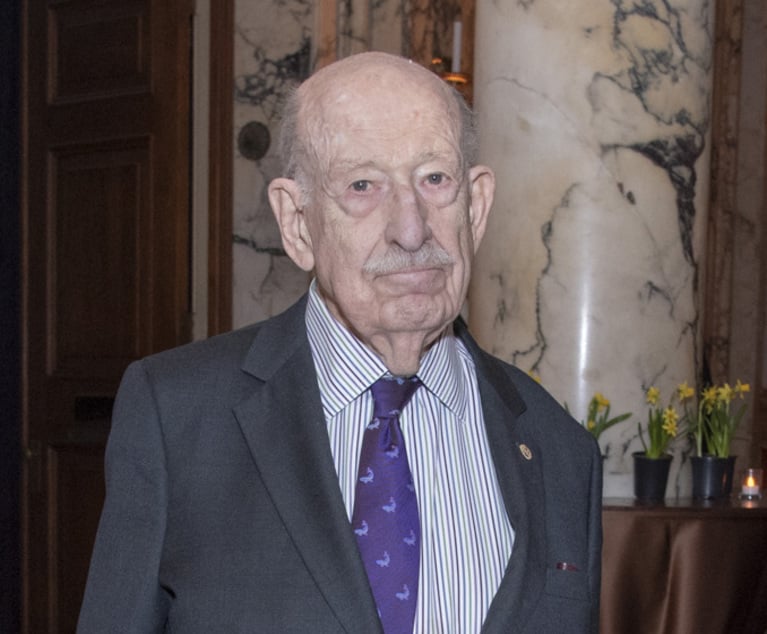 One of the first issues litigators often confront is whether the case will proceed in a judicial or arbitral forum. Over the past decade, the Supreme Court has provided strong support for arbitration, most recently enforcing arbitration clauses that prevent plaintiffs from bringing class actions. The current term, however, sees the court facing a new set of cases, which focus on the types of claims that can be litigated in arbitration and the relative powers of arbitrators and judges. In three cases that already have been argued, the court may limit the scope and authority of arbitrators.
One of the first issues litigators often confront is whether the case will proceed in a judicial or arbitral forum. Over the past decade, the Supreme Court has provided strong support for arbitration, most recently enforcing arbitration clauses that prevent plaintiffs from bringing class actions. The current term, however, sees the court facing a new set of cases, which focus on the types of claims that can be litigated in arbitration and the relative powers of arbitrators and judges. In three cases that already have been argued, the court may limit the scope and authority of arbitrators.
Of greatest interest is Lamps Plus v. Varela, No. 17-988, in which the court is considering whether arbitration under the Federal Arbitration Act (FAA) may include class arbitration. Lamps Plus arises out of an employment agreement to arbitrate that contained no specific mention of class arbitration. The Ninth Circuit held that the absence of such language does not determine whether the arbitration agreement could be interpreted to permit class arbitration. Relying on California contract law, it concluded that the agreement was susceptible to an interpretation that authorized class arbitration. It then interpreted the agreement against the drafter—the employer—and held that class arbitration was permitted.






